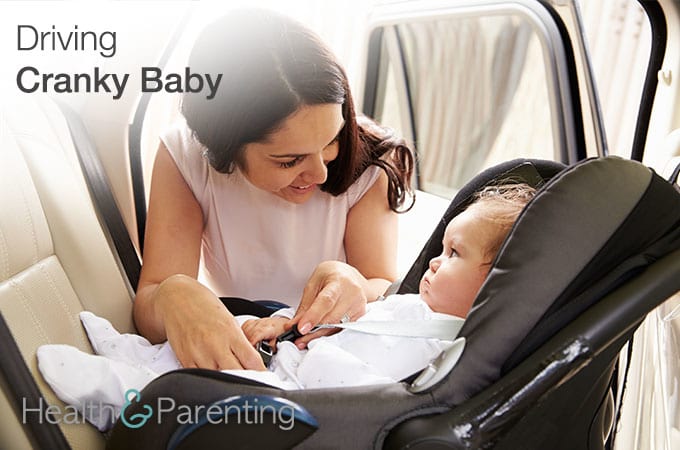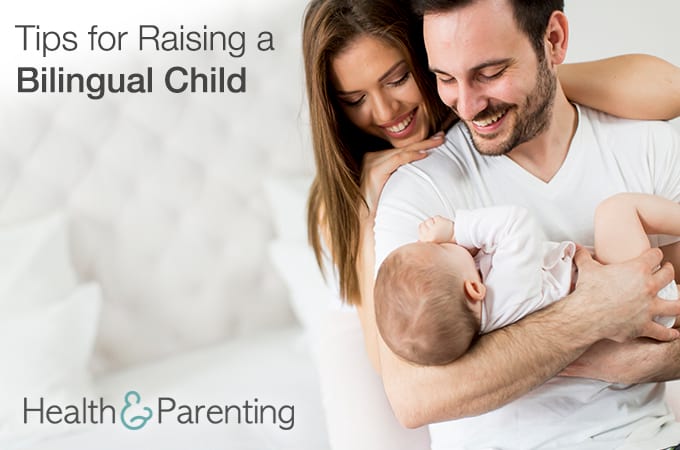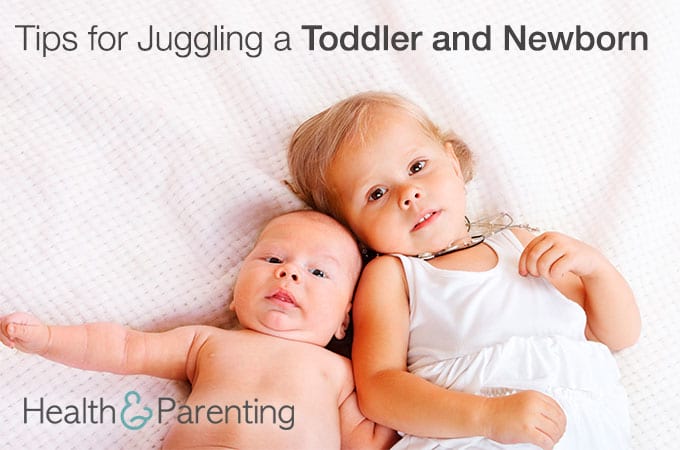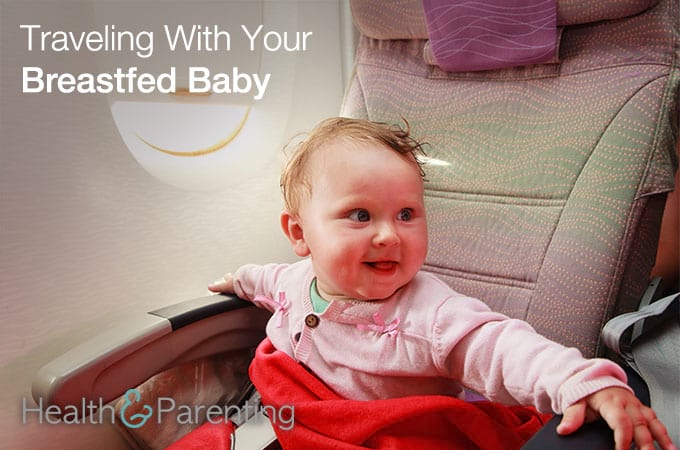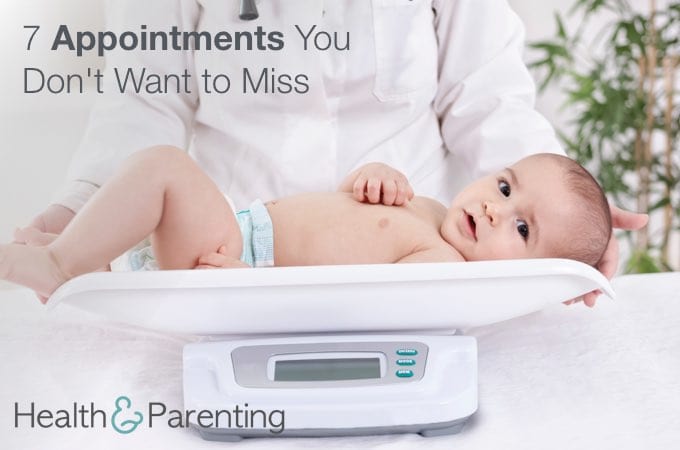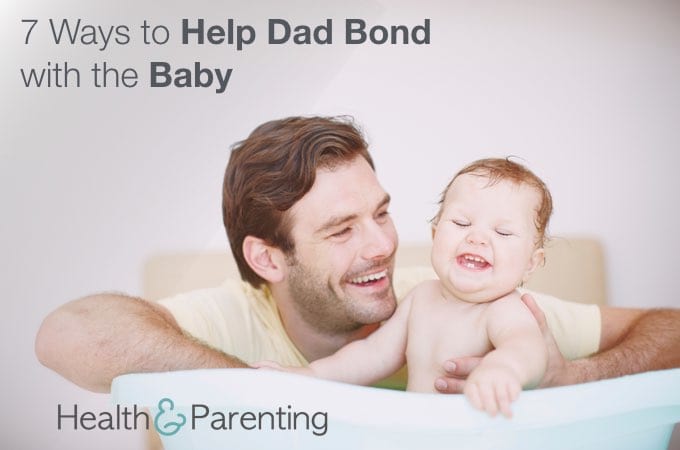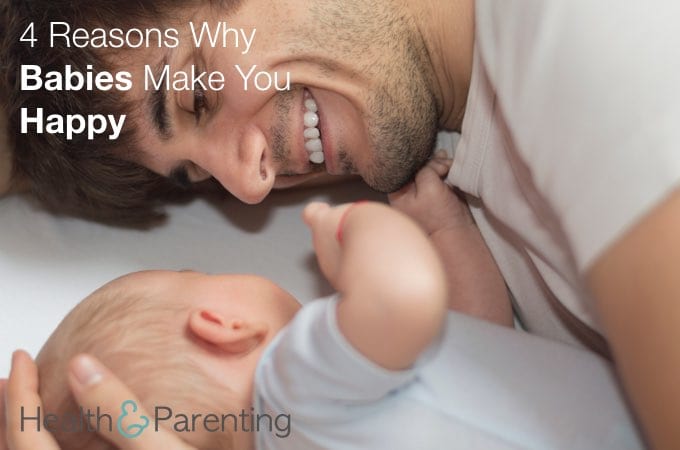Some parents are blessed with babies who love being in the car. Babies who, in fact, are so enamored with riding along that they will even fall asleep every time they are placed in their car seat. So those parents have a sure fire trick for helping their babes to snooze when nothing else seems to work; driving baby is a fun and pleasant experience for all.
You, on the other hand, may have a baby who seems to detest being a passenger in any type of moving vehicle. And anytime you attempt to secure your little one into their seat, they wail so loudly and so fiercely that you have started to dread getting in the car at all. Which means that you have been spending a lot of time at home recently. Because driving baby is something you dread.
Well, it’s time to put a stop to that. Not only because you need to get out of the house for your own sanity, but also because… your baby needs to learn that there is a world outside his or her nursery.
So first things first, let’s try to figure out why your baby might not be enjoying those car rides. Possible culprits include:
- A faulty car seat install that has him or her sitting at a bad angle.
- Car seat straps that are too tight and are cutting into your baby’s skin as a result.
- Gas or stomach pains that are made worse by being in the car seat.
- Sunlight shining into his or her eyes.
- Abandonment anxiety when he or she can’t see you.
Now remember, all babies are different and your baby could be experiencing an issue completely unrelated to these. This is just a general list of the most common reasons why a new baby might not like the car. And here are some potential solutions:
- A visit with a Child Passenger Safety Technician (CPST) could help to ensure your car seat is installed and tightened correctly. There are often CPSTs available at most firehouses.
- A visit to your pediatrician could check for any contributing medical issues.
- Installing a lightweight shade to your back windows (those that are safety approved and will not obstruct your view) could help to keep light out of your little one’s eyes.
- Creating a CD with some of your baby’s favorite songs to play in the car and bringing along a favorite stuffed animal could help to provide comfort and a reminder that he or she is not alone.
If none of these issues or solutions seems to apply to your baby, don’t give up! The solution is out there, and talking to professionals (i.e. your pediatrician and a CPST) may help you to track yours down.
In the meantime, don’t give up on driving. It could just be that your little one needs to become more familiar with being in the car, and that with repeat trips, the cranky tears will lessen.
Written by Leah Campbell, infertility advocate, adoptive mama, writer and editor. Find me @sifinalaska on Twitter.
This information is not intended to replace the advice of a trained medical doctor. Health & Parenting Ltd disclaims any liability for the decisions you make based on this information, which is provided to you on a general informational basis only and not as a substitute for personalized medical advice. All contents copyright Health & Parenting Ltd 2016. All rights reserved.

